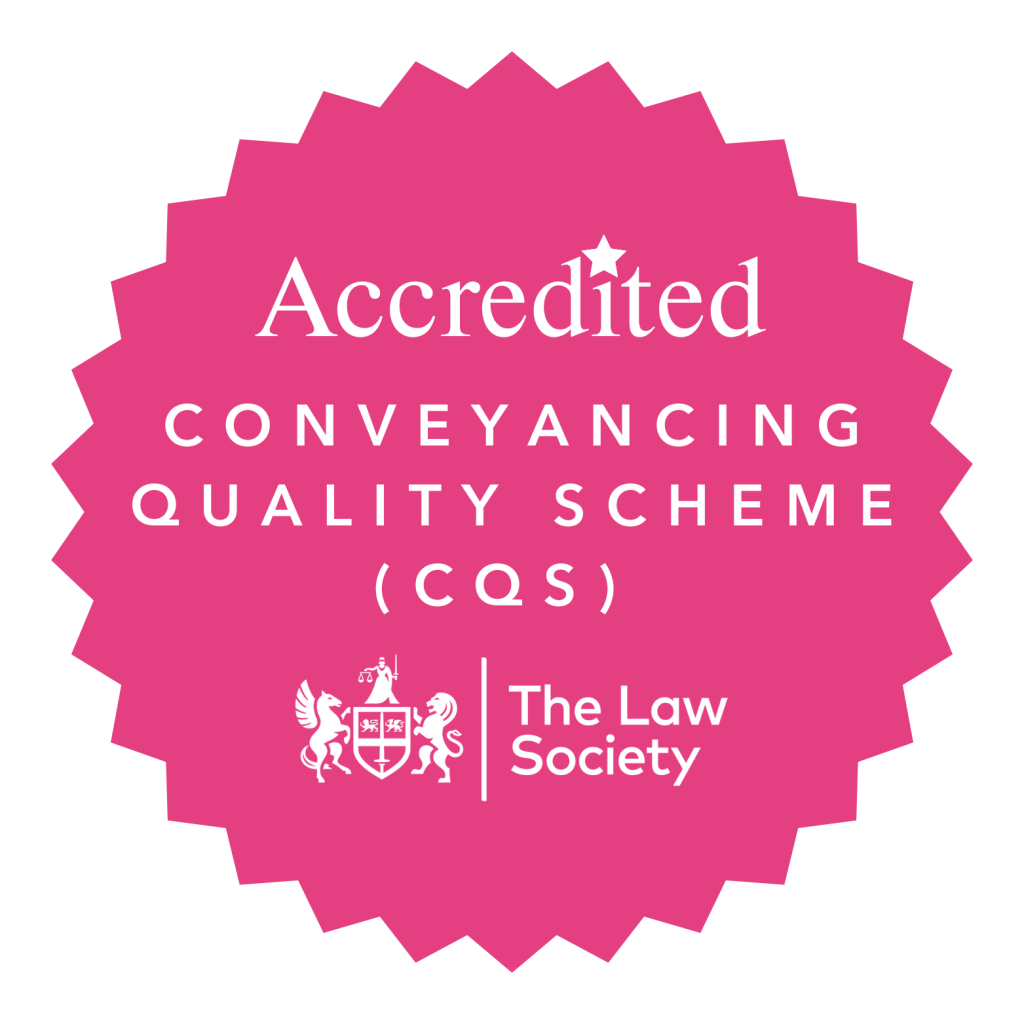Superior service and solutions

What happens once probate is granted?
If you are named as an executor in a deceased person’s will, or you have been chosen as the administrator of an estate, then you will need to understand what happens during the probate process. Probate is the legal process of administering a deceased person’s estate after they die. It begins after a nominated person (the executor or administrator) is granted permission by the courts. Here, we’ll explain what happens once probate is granted.
In England and Wales: Getting the Grant of Probate or Letters of Administration
In England and Wales, probate is granted through a Grant of Probate (if the person left a legally binding will) or Letters of Administration (if there is no will). These are both court-issued documents that have the same purpose. They both officially confirm that the executor or the administrator has legal permission to manage the late person’s estate. (Sometimes there will be more than one executor or administrator, and if so they will both be awarded this permission and will share probate duties.)
Once probate is granted, the executor or administrator can legally take action on behalf of the estate. They are able to do things like:
- access bank accounts
- sell property or other assets in the estate, if necessary
- use the assets to pay off any outstanding debts that the deceased person may have had
- distribute assets to the beneficiaries (the people named in the will), or to those who inherit under intestacy law if there is no will
Spanish probate law: What happens once probate is granted in Spain?
In Spain, the process of granting probate is slightly different. Instead of a Grant of Probate or Letters of Administration, there is a legal document, the Inheritance Deed. This is issued by a notary, who will verify the identity, entitlement and legal capacity of the heirs and oversee the signing of the deeds. If there is no will, there is an additional legal document, the Declaration of Heirs, that needs to be issued by the Notary Public before the Inheritance Deeds can be signed.
Importantly, heirs are legally entitled to accept or reject the inheritance. If they accept, they become responsible for any debts associated with the estate, not just the assets. They must also settle any inheritance tax due on the estate before they can receive their inheritance.
If you are dealing with probate in Spain, it’s really important to seek advice from Spanish probate solicitors who have specific expertise in Spanish probate law.
Common problems and issues when administering an estate
Whichever country you are based in, and however straightforward the circumstances, administering an estate can be a difficult and emotional process. In many cases, there are additional complexities. Here we’ll explore some of the potential complications that can happen once probate is granted.
What if there is a problem with the will?
Potential issues: Sometimes, people do not leave a will at all. In other cases, the will might be invalid because the person did not have mental capacity, or they did not follow legal formalities like getting it signed by witnesses. Or you may be sure that there is a valid will but it can’t be located, creating delays and uncertainty.
Solution: In any of these cases, you should consult a probate solicitor to discuss your options. These may involve challenging the will’s validity, following intestacy laws to decide who inherits, or searching for the lost will.
Identifying and locating beneficiaries
Potential issues: Once probate is granted and you are responsible for distributing the assets that the deceased has left, you will need to find the beneficiaries named in the will, or those identified by intestacy law if there is no will. This can be difficult, especially if the will was made some years ago. In some cases, the wording in the will regarding beneficiaries may be vague, leading to confusion and disputes about who inherits what. Family conflicts can also occur, with different family members and beneficiaries disagreeing about the interpretation of the will.
Solution: If it’s clear who the named beneficiaries are but it’s hard to track them down, you could start by gathering any old address books or family records in the deceased person’s possession. If the wording in the will regarding beneficiaries is vague or disputed, get specialist legal advice to interpret the will’s intent and avoid potential disputes.
Common financial problems once probate is granted
Potential issues: Not everyone is in credit when they die. The estate you are administering might have debts or tax liabilities that need to be settled before beneficiaries receive their inheritance. At the same time, accurately valuing assets like property or businesses can be challenging.
Unexpected complications can also arise. There may be debts that were not known about, or undisclosed assets that only come to light later in the process.
Solution: For complex assets like property or businesses, it’s important to seek professional appraisals to determine their accurate value. This ensures a fair distribution among beneficiaries and helps prevent future disputes.
If you encounter significant challenges with debts, taxes, or unexpected complications, don’t hesitate to seek legal guidance from a probate solicitor. They can advise you on your options and ensure that you are following the legal requirements.
Make life easier once probate is granted: Download our step-by-step guide
We have outlined what happens once a probate is granted, but going through the probate process can be challenging. That’s why we’ve created this free downloadable guide, designed to take you step-by-step through everything you need to do, and when Dealing with a Deceased’s Estate
Contact us for expert advice and support
At Labrums, our probate solicitors are experts in the whole process. We also have a specialist Spanish law team who can support you with Spanish probate. For legal advice on what happens once probate is granted, contact us today.
Related Posts
Sailing the cross-border seas – executors and properties in Spain
A friend of relative has passed away recently leaving a property in Spain, and you…
St Albans Unveil WW1 Memorial on Residential Property
With offices located in the historical City of St Albans, Hertfordshire, Labrums were able to…
Residential Evictions ban extended for another 4 weeks
As a result of the pandemic, the government placed a moratorium on evictions of tenants…
New law will give right to convert a marriage to a civil partnership
Civil partnerships were introduced in the UK under the Civil Partnership Act 2004 for same-sex couples to legally…
















